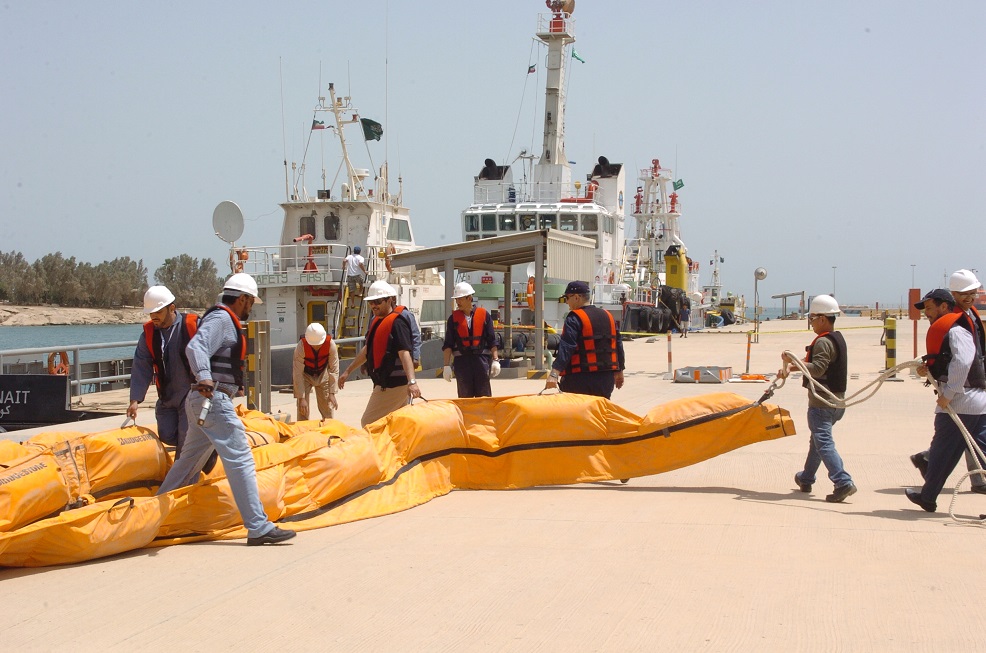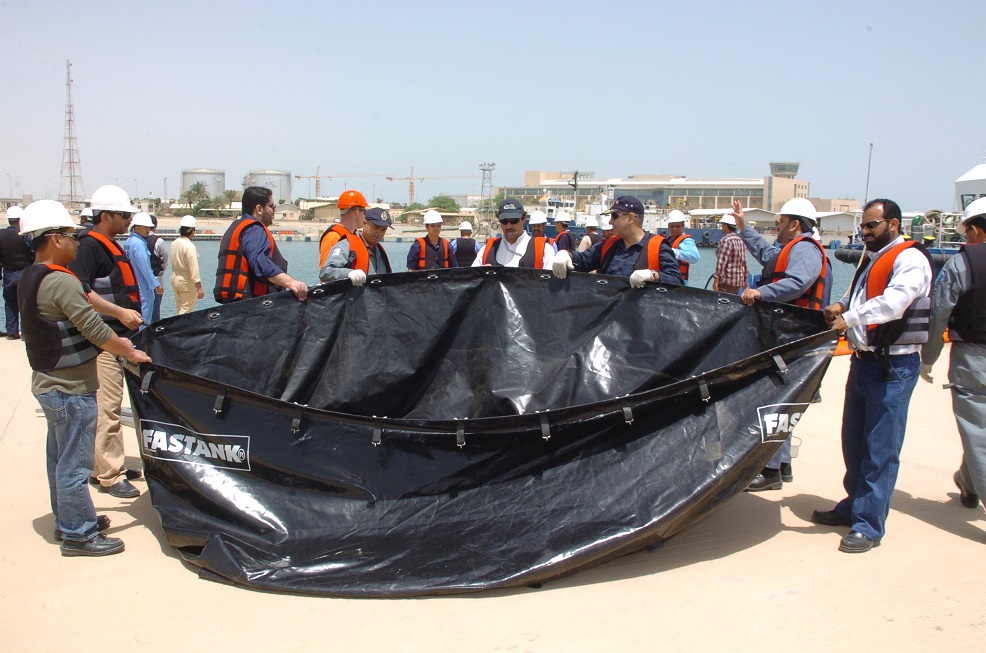
Air & Marine
|
The Air and Marine Monitoring Unit of the ELD is responsibe for KJO's Air & Marine control strategy:

Air & Marine Monitoring System
- Implement a sound and feasible air pollution control program at each company facility
- Develop new environmental programs on air quality and meteorology
- Research and consult on special issues relating to air pollution control technologies, air quality and meteorology.
- Review Design Basis Scoping Papers; Environmental Impact Assessments; Project Proposals, Land Use Permits; engineering design packages and waiver requests
- Develop/Review: Environmental Standards, General Instructions, and Codes
- Monitor air quality & meteorological parameters at the company facilities.
- Operate and maintain air quality monitoring and meteorology stations.
- Adopt new monitoring technology such as Optical Remote Sensing (ORS) to replace or supplement conventional Air Quality Monitoring stations.
- Collect and compile meteorological data.
- Advise on design requirements with respect to meteorological data (rain, wind, temperature, etc)
- Prepare annual report on Air Quality compliance
- Conducts marine monitoring programs including marine bio-accumulation.
- Provides technical support for the oil spill response team.
The Oil Spill Coordination Unit of the ELD is responsibe for KJO's Spill Readiness strategy:

Objectives
- Ensure that company response to oil spills is prompt, efficient and cost-effective.
- Ensure company readiness and response to oil spills through training courses and drills.
- Monitor, evaluate and advise on national and international oil spill legislation.
- Assure the continual development and update of oil spill contingency plans.
- To analyze the environmental impacts during an oil spill and to advise on the most suitable response option to be applied.
- Perform routine (and during oil spills) inspection duties in the offshore area and the beach areas.
|


